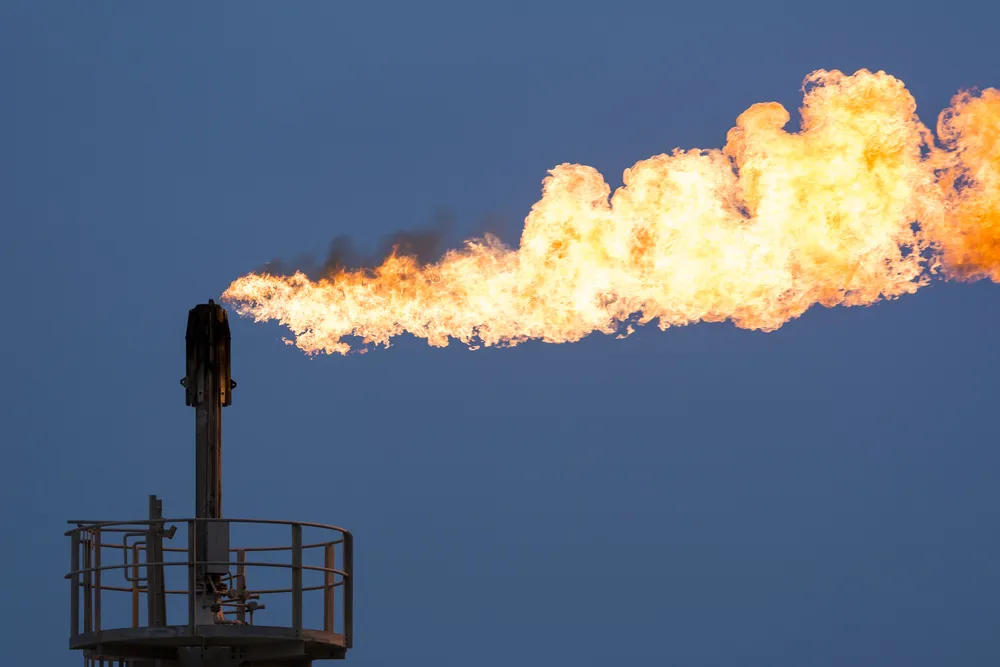

This course describes offshore pipeline engineering that specializes in the design, installation, and maintenance of subsea blowout prevention systems operation, fisheries etc. Participants will gain insights into offshore pipelines and their specific difficulties such as material selection, risk factors, safety and reliability of subsea systems.
| City | Start Date | End Date | Fees | Register | Enquire | Download |
|---|---|---|---|---|---|---|
| Kuala Lumpur | 11-08-2025 | 15-08-2025 | 4950 $ | Register | Enquire | |
| Cairo | 25-08-2025 | 29-08-2025 | 3950 $ | Register | Enquire | |
| Madrid | 01-09-2025 | 05-09-2025 | 6200 $ | Register | Enquire | |
| Kuala Lumpur | 08-09-2025 | 12-09-2025 | 4950 $ | Register | Enquire | |
| Istanbul | 22-09-2025 | 26-09-2025 | 4950 $ | Register | Enquire | |
| Dubai | 29-09-2025 | 03-10-2025 | 4300 $ | Register | Enquire | |
| Kuala Lumpur | 06-10-2025 | 10-10-2025 | 4950 $ | Register | Enquire | |
| Dubai | 20-10-2025 | 24-10-2025 | 4300 $ | Register | Enquire | |
| Madrid | 27-10-2025 | 31-10-2025 | 6200 $ | Register | Enquire | |
| Paris | 03-11-2025 | 07-11-2025 | 6200 $ | Register | Enquire | |
| Casablanca | 10-11-2025 | 14-11-2025 | 4950 $ | Register | Enquire | |
| Madrid | 01-12-2025 | 05-12-2025 | 6200 $ | Register | Enquire | |
| London | 08-12-2025 | 12-12-2025 | 6200 $ | Register | Enquire | |
| Cairo | 22-12-2025 | 26-12-2025 | 3950 $ | Register | Enquire | |
| Amsterdam | 29-12-2025 | 02-01-2026 | 6200 $ | Register | Enquire |
Subsea pipelines play a crucial role in offshore oil and gas operations, especially in deep water. Ensuring their functionality, durability, and efficiency is essential for operational success. This course provides a comprehensive overview of subsea pipeline projects, covering all phases from initial design to construction and ongoing maintenance.
Focusing primarily on offshore pipelines, this training encompasses the full spectrum of oil and gas pipeline projects. Participants will gain valuable insights into the international subsea pipeline industry, enhancing their knowledge for career advancement and sustainable development.
This course is ideal for professionals seeking to deepen their understanding of pipeline systems, both intra- and inter-pipeline, and improve their performance in domestic and international markets.
By the end of this offshore pipeline engineering, design, and installation course, participants will be able to:
Unit 1: Offshore Pipeline Route Selection
Unit 2: Underwater Pipeline Construction and Inspection
Unit 3: Safety of Offshore Pipelines
Unit 4: Umbilical, Risers, Flowlines (SURF)
Unit 5: Offshore Facility Interface
Upon completing the offshore pipeline engineering, design, and installation course, participants will be equipped with essential theoretical knowledge and practical skills for managing pipeline projects in offshore environments. They will be prepared to handle pipeline repair, maintenance, and integrity management using global standards and advanced methods.
Graduates will gain a solid understanding of pipeline construction principles, including pigging pipelines for maintenance and integrity management. This course provides significant value to future offshore pipeline engineers, supporting effective development and maintenance of offshore oil and gas pipelines.
Invalid mobile number. Please enter a valid number.
















